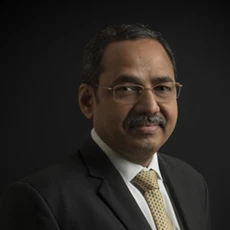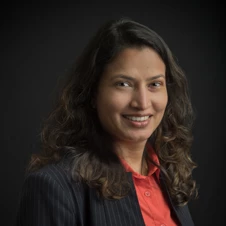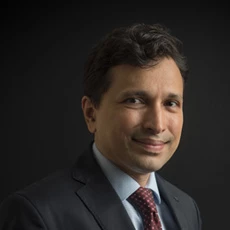The financial demands start right here. Brace yourself for regular medical tests, doctor’s consultations and quality care for the expectant mother. If the pregnancy has any complications, then expenses can multiply drastically. It’s the right time to check for medical benefits provided by employer, empaneled hospitals or medical allowance reimbursement limit and process.
-
Our Products
Our FundsOur High Return Funds
-
Self Care
Self-ServiceFind InformationWays To TransactPartner Solutions
-
Downloads
- Learnings
- About Us
-
More
-
Shareholders
-
Shareholders
-
Updates
-
-
Wealth Calculator
- Back
-
Shareholders





 1800-270-7000
1800-270-7000














